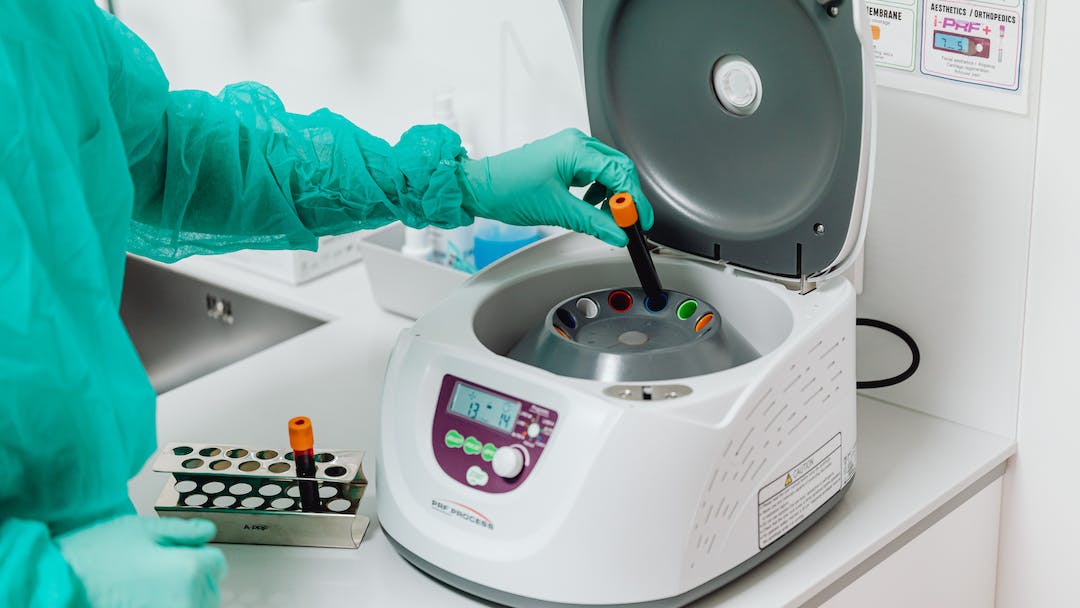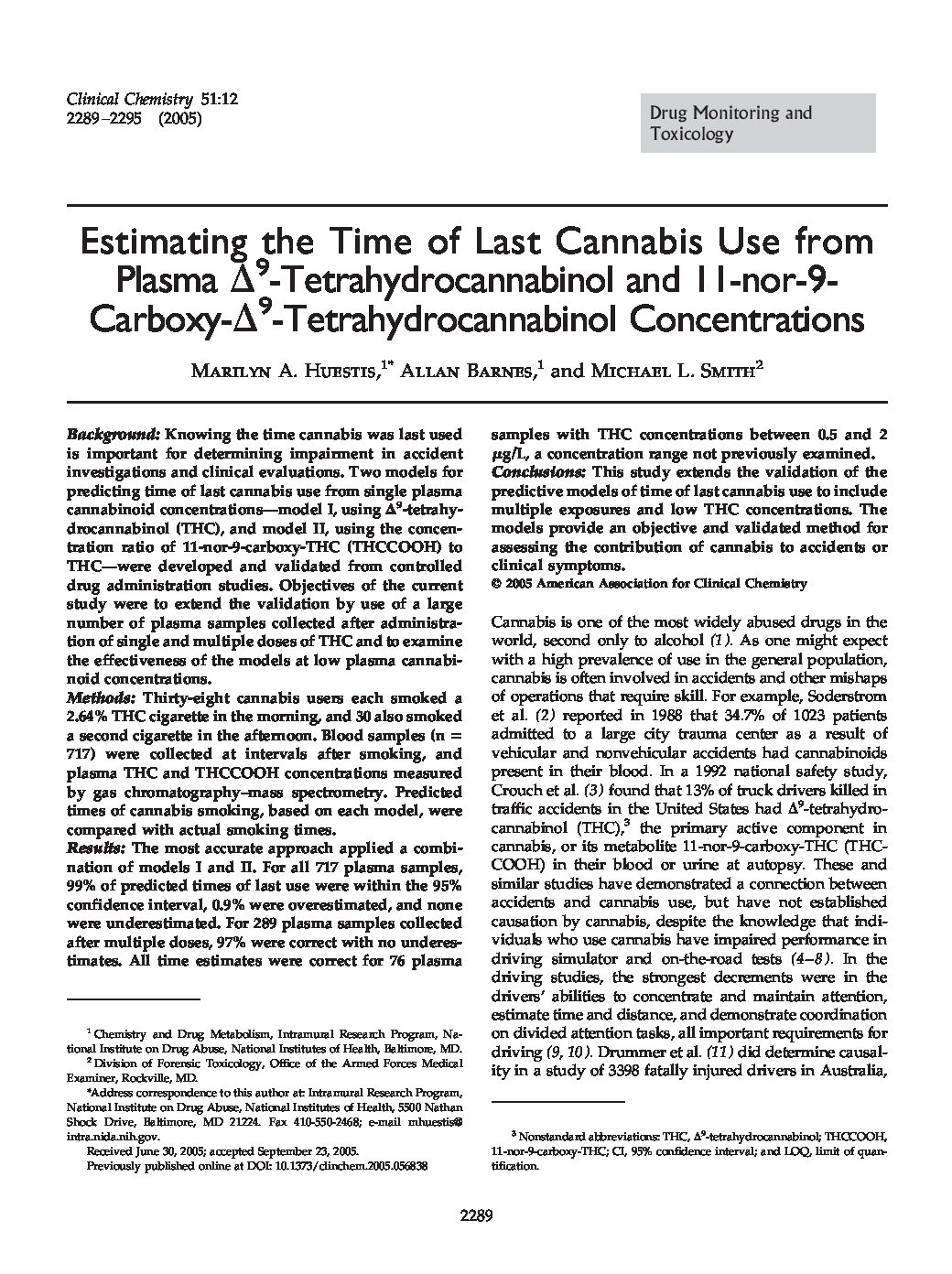This randomized clinical trial investigates the accuracy of field sobriety tests administered by law enforcement officers to assess functional impairment and driving performance among individuals who have smoked cannabis.
Question
How accurate are field sobriety tests (FSTs) in identifying acute Δ9-tetrahydrocannabinol (THC) impairment?
Findings
In this randomized clinical trial of 184 cannabis users randomized to THC or placebo, law enforcement officers classified 81.0% and 49.2%, respectively, as FST impaired, and officers suspected that 99.2% of FST-impaired participants received THC. Driving simulator performance was associated with select FSTs.
Meaning
In this study, FSTs differentiated between THC- and placebo-exposed participants; however, the substantial overlap of FST impairment between groups and the high frequency at which FST impairment was suspected to be due to THC suggest that absent other indicators, FSTs alone may be insufficient to identify THC-specific driving impairment.
If you are interested in learning more detail about this evaluation go here to the National Center for Biotechnology Information.
Meanwhile… until they figure it out, if you get a DUI for being under the influence of cannabis, although legal, you will need an experienced attorney to fight for you in the court system. If you want to fight call our office. If you don’t, well then settle for what they dish out and accept that you can’t go back and change the outcome.
Have you been arrested or charged with DUI?
Charged with a Crime?
Lost Your License?
Conspiracy or CCE?
Thought Crimes?
Call Our Office for a Free Case Evaluation
DISCLAIMER
This post may contain re-posted content, opinions, comments, ads, third party posts, outdated information, posts from disgruntled persons, posts from those with agendas and general internet BS. Therefore…Before you believe anything on the internet regarding anything – do your research on Official Government and State Sites, Call the Michigan State Police, Check the State Attorney General Website and Consult an Attorney – Use Your Brain.

THC Detection in Blood: A Comprehensive Review
THC Detection in Blood: A Comprehensive Review Tetrahydrocannabinol (THC), the main psychoactive compound in marijuana, can remain detectable in the blood for several days or even weeks after use. This is due to the fact that THC is highly fat-soluble, meaning that it...

Validation of a two-dimensional gas chromatography mass spectrometry method for the simultaneous quantification of cannabidiol
Validation of a two-dimensional gas chromatography mass spectrometry method for the simultaneous quantification of cannabidiol, Δ9-tetrahydrocannabinol (THC), 11-hydroxy-THC, and 11-nor-9-carboxy-THC in plasma Summary of this paper Our Machine-Learning algorithms...

Cannabinoid Markers in Biological Fluids and Tissues
Summary of this paper Our Machine-Learning algorithms scan the text for the most important phrases or passages. These highlights, alongside their respective section titles, are shown below. Section 1 A sensitive and specific breathalyzer for...

Estimating the Time of Last Cannabis Use from Plasma
Estimating the Time of Last Cannabis Use from Plasma 9-Tetrahydrocannabinol and 11-nor-9-Carboxy- 9-Tetrahydrocannabinol Concentrations Summary of this paper Our Machine-Learning algorithms scan the text for the most important phrases or passages. These...

Cannabinoid concentrations in hair from documented cannabis users
Summary of this paper Our Machine-Learning algorithms scan the text for the most important phrases or passages. These highlights, alongside their respective section titles, are shown below. Introduction To our knowledge, there have been no studies of deposition...

Excretion of Delta 9 tetrahydrocannabinol in sweat
Academia - Summary of this paper Excretion of Delta 9-tetrahydrocannabinol in sweat. Our Machine-Learning algorithms scan the text for the most important phrases or passages. These highlights, alongside their respective section titles, are shown below. Introduction...










